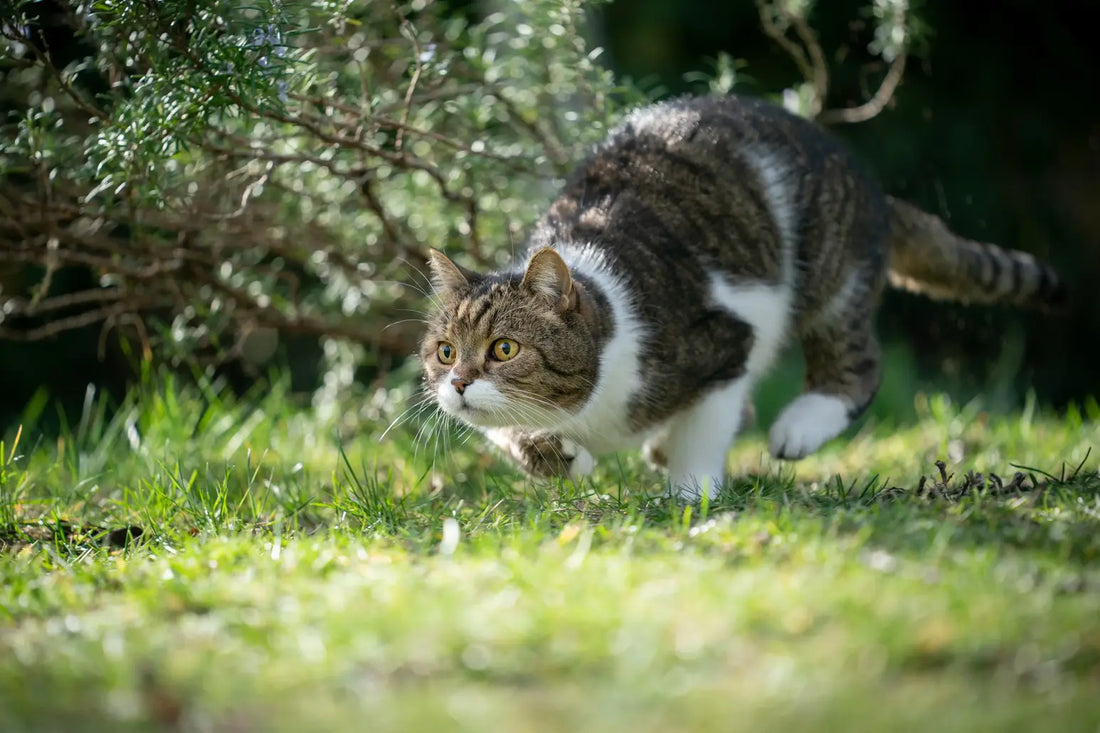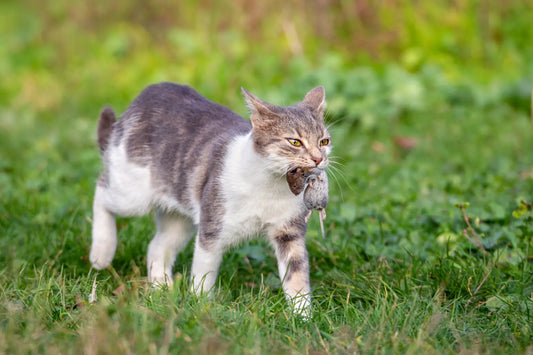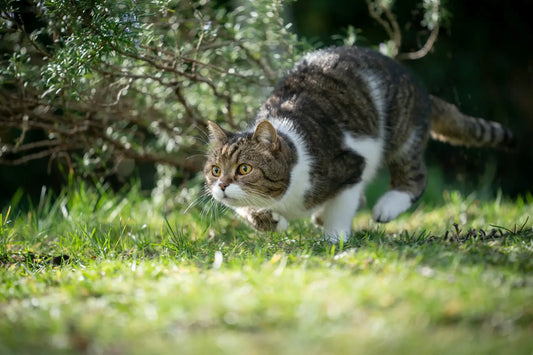Cats are known for their quirky behaviors, and one that often puzzles owners is their tendency to bring home dead animals. Understanding this behavior requires delving into the feline psyche and their natural instincts.
The Natural Hunting Instinct of Cats
Despite domestication, cats retain strong hunting instincts. This behavior is not solely driven by hunger but is an innate part of their nature. Cats are predators by design, and their hunting behaviors are deeply embedded in their DNA. Even well-fed domestic cats will hunt and kill prey, demonstrating that this behavior is instinctual rather than necessity-driven.
Why Cats Bring Prey Home (Gifts and Teaching)
Understanding the question why does my cat bring dead animals inside leads directly to feline survival instincts and social behavior. One theory suggests that when cats bring dead animals home, they are exhibiting maternal behavior. In the wild, mother cats teach their kittens to hunt by bringing them dead or injured prey.
By bringing home prey, domestic cats may be attempting to teach their human companions how to hunt or provide for them. If your cat brings dead animals at night, it’s likely because nocturnal hours are prime hunting time for felines.
Another perspective is that cats view their owners as part of their social group and bring them "gifts" as a form of sharing. This behavior can be seen as a sign of affection and inclusion.

Is This Behavior Normal or Concerning?
Bringing home dead animals is a normal behavior for cats and is rooted in their natural instincts. It is not typically a cause for concern unless it becomes excessive or is accompanied by other behavioral issues. Understanding that this behavior is a manifestation of the cat's hunting instinct can help owners respond appropriately.
Health Concerns: Diseases and Parasites
While the behavior itself is natural, there are health concerns associated with cats bringing home dead animals. Prey animals can carry diseases and parasites that may be transmitted to cats or humans. It's important to ensure that cats are regularly dewormed and vaccinated to mitigate these risks.
How to Respond Safely When Your Cat Brings Prey
-
Stay Calm: Reacting with alarm can confuse or distress your cat.
-
Dispose of the Prey Safely: Use gloves to handle the dead animal and dispose of it in a sealed bag.
-
Clean the Area: Disinfect any surfaces the prey may have contacted.
- Check Your Cat: Look for any signs of injury or illness in your cat and consult a veterinarian if necessary.

Preventing Hunting: Tips for Owners
- Keep Cats Indoors: Limiting outdoor access reduces hunting opportunities.
- Provide Enrichment: Use toys and play to satisfy your cat's hunting instincts.
- Use Bells on Collars: Attaching a bell can warn potential prey of your cat's approach.
- Feed Regularly: Ensuring your cat is well-fed may reduce hunting behavior, though it won't eliminate it entirely.
-
Use ZeroMOUSE™: Keep your cat from bringing in prey in the first place.
Understanding that your cat's behavior is driven by natural instincts can help you manage it effectively. By providing appropriate outlets for these instincts and taking precautions with ZeroMOUSE™, you can coexist harmoniously with your feline companion.






